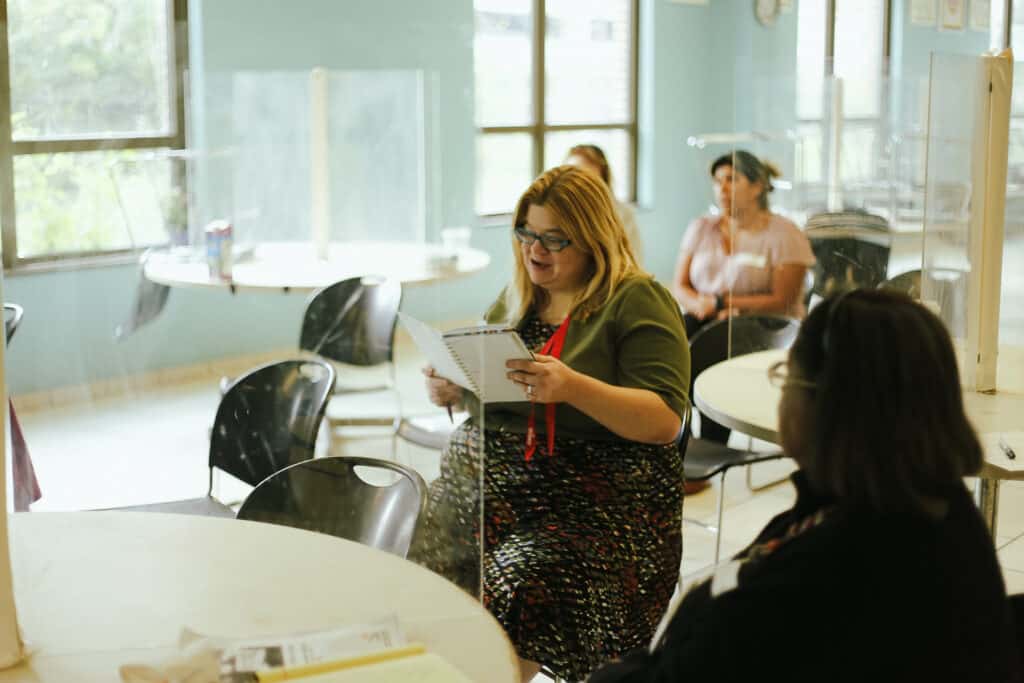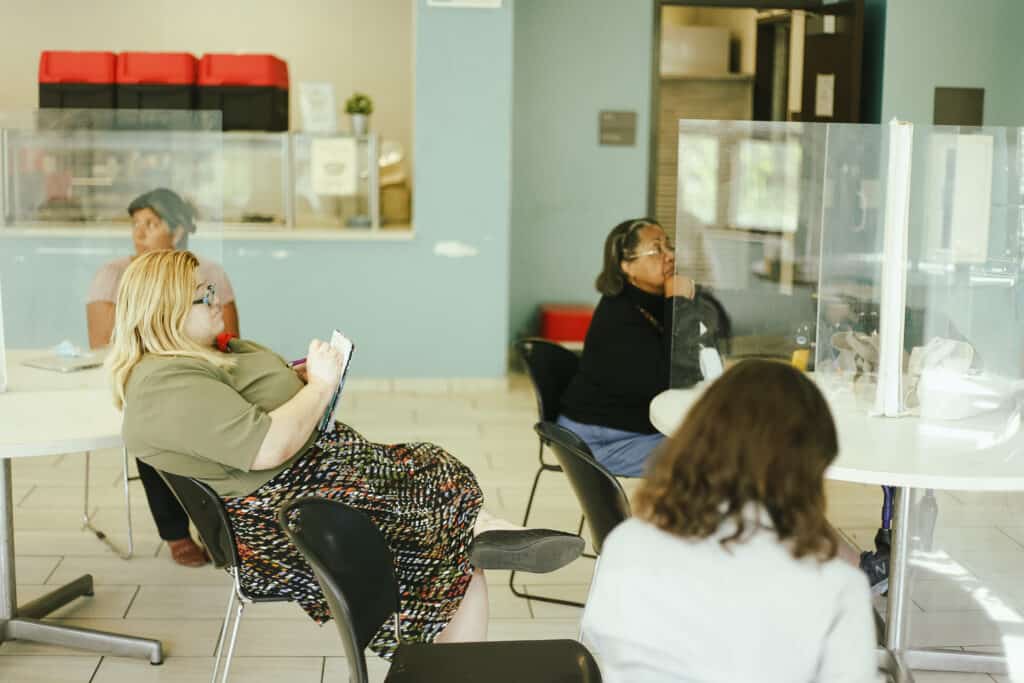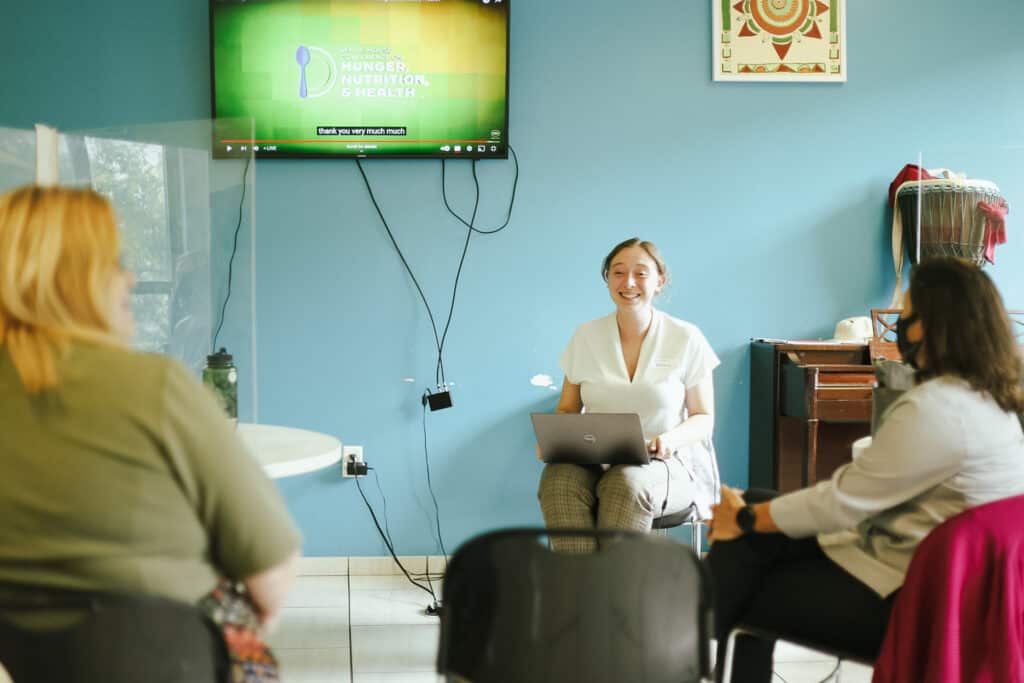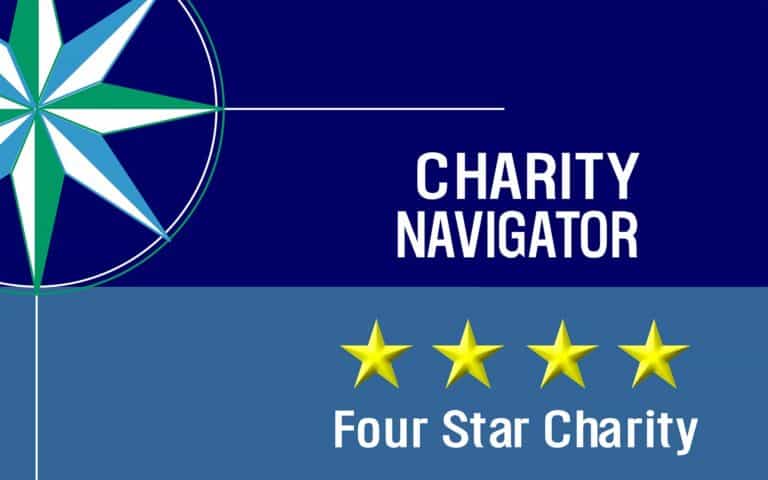
After over 50 years the long-awaited White House Conference on Hunger, Nutrition, and Health convened on Wednesday, featuring speakers ranging from elected officials to businesses and local food bank providers. Since the first conference in 1969, programs like school lunch and supplemental nutrition programs have been imagined and implemented, but the work is far from over.
During a panel on public private partnerships, veteran and mother Mindy Woods shared the importance of getting food that would adequately nourish her type 1 diabetic son, especially while homeless. “Trying to find nutritious food on an EBT/SNAP card, without blowing my entire month’s budget on healthy food, I got really savvy at learning nutritional needs, and what would best serve both of us.” This experience informs her work as a Human Services Program Manager in Edmonds, Washington, and she now ensures that when people enter motel rooms as bridge housing, they automatically receive food deliveries.
The White House released a National Strategy in conjunction with the conference, detailing the administration’s goals for ending hunger by 2030. Below are some of the highlights:
- Expand eligibility for the Supplemental Nutrition Assistance Program (SNAP) and the Special Supplemental Nutrition Program for Women, Infants and Children (WIC) to increase access to affordable, healthy foods for low-income families
- Create universal free school lunch to reduce the stigma around low-income students, and to end lunch debt
- Empower consumers to make healthy food choices by offering higher quality food and providing accurate nutritional information


While the National Strategy details exciting plans, insights from our community further contextualized the administration’s goal to end hunger by 2030. Shepherd’s Table hosted a watch party and discussion of the conference in which participants imagined aloud what a world without hunger might look like. The conversation included great ideas from members of our community:
- Fighting food waste through creative solutions like low-cost community stores
- Changing major legislation to stop incentivizing the production of unhealthy foods
- Considering people experiencing homelessness when expanding nutrition assistance programs so that people without access to kitchens can still benefit
“Hunger won’t be solved by food alone,” said Mike Curtin, CEO of DC Central Kitchen. With creative solutions coming from all sectors of society, affordable, sustainable and healthy food can be available to everyone who needs it.
To watch a recording of the conference, see the opening plenary session here.
Keep an eye out for other advocacy efforts from Shepherd’s Table in the coming months, and direct any questions to our Advocacy Coordinator, Brenna Olson, at [email protected].

